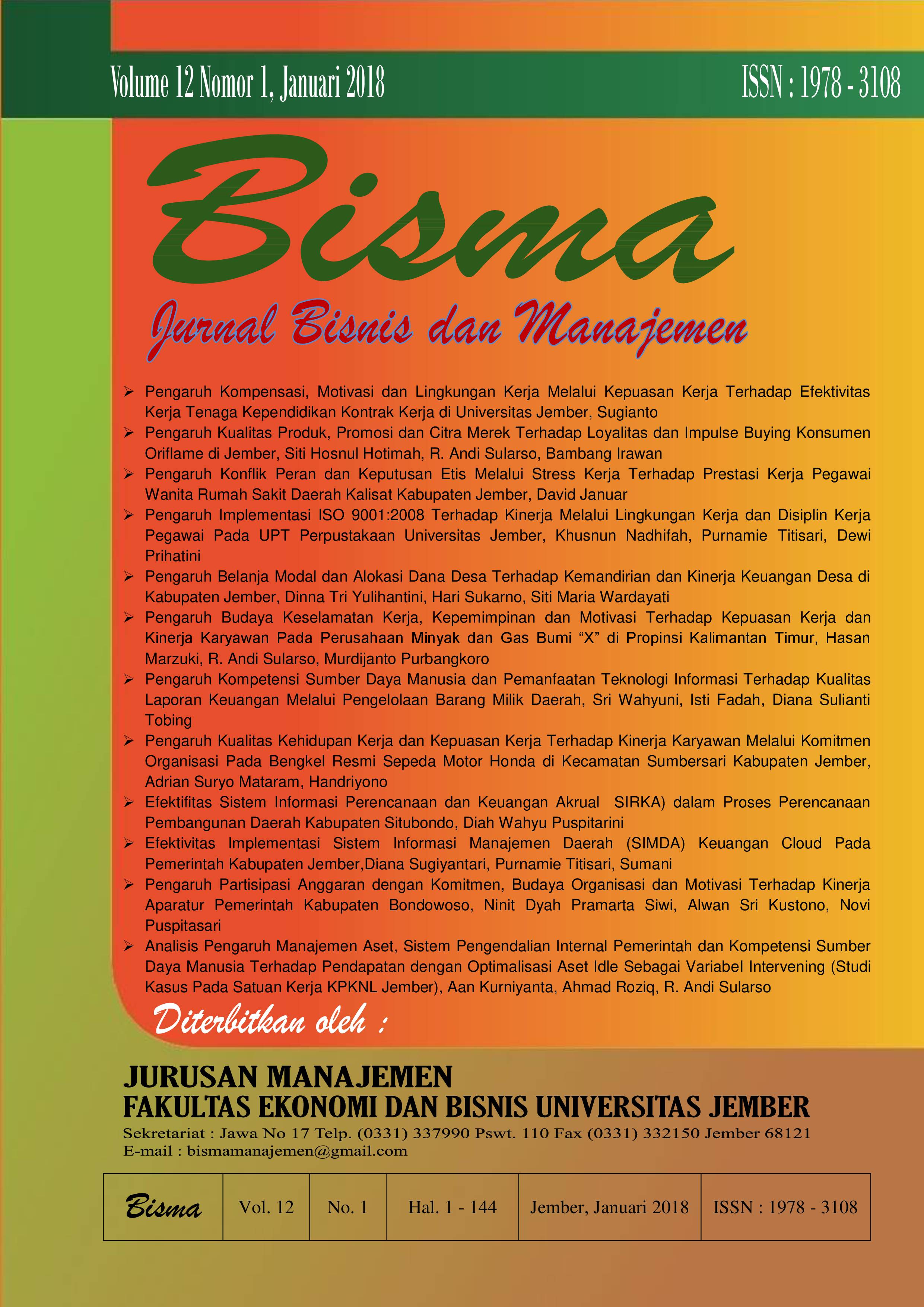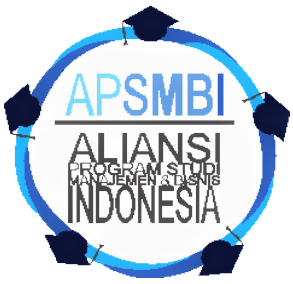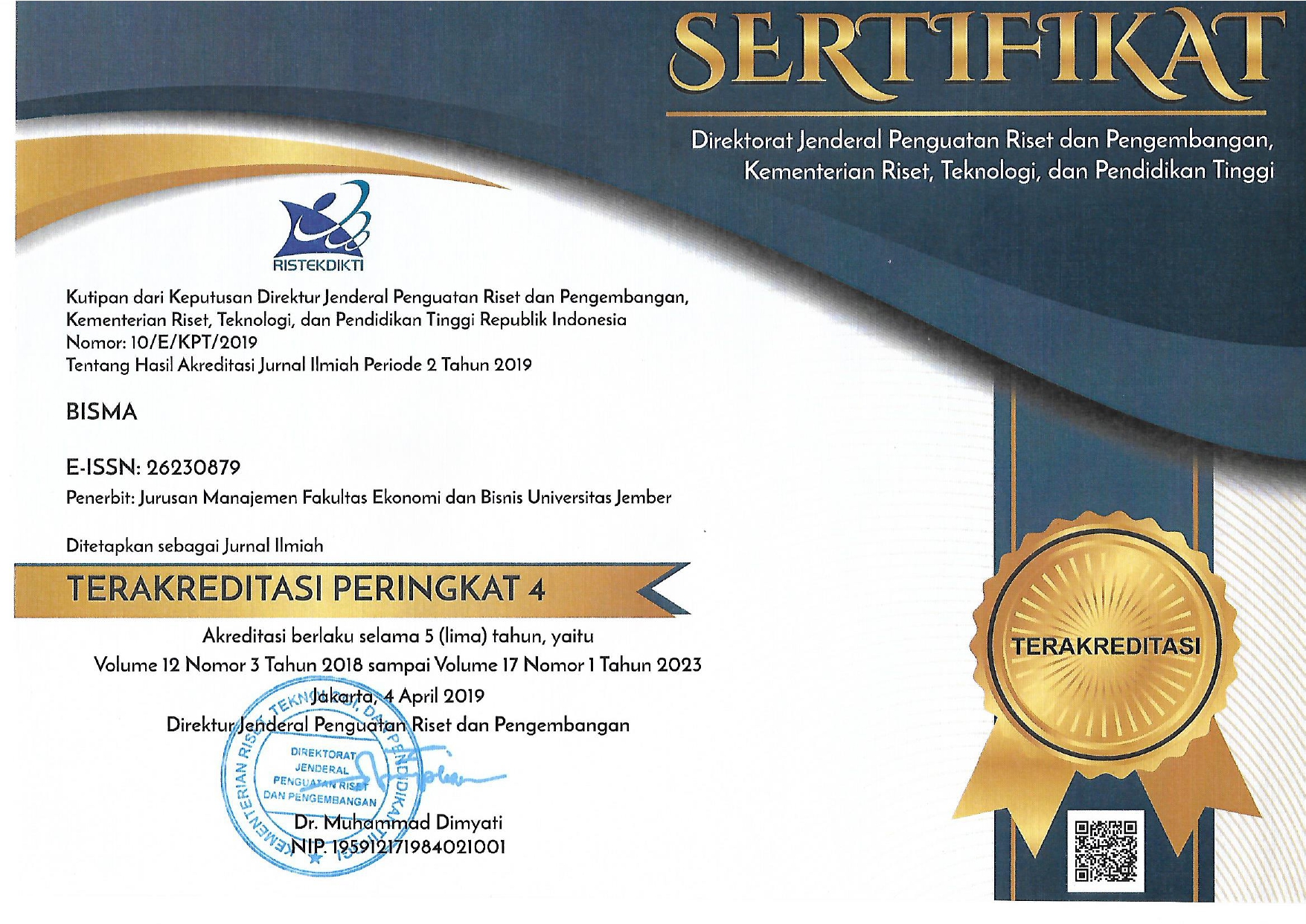EFEKTIFITAS SISTEM INFORMASI PERENCANAAN DAN KEUANGAN AKRUAL (SIRKA) DALAM PROSES PERENCANAAN PEMBANGUNAN DAERAH KABUPATEN SITUBONDO
Abstract
Abstract: This study aims to analyze the effectiveness of the implementation of Accrual Finance and Planning Information System (SIRKA) on the regional development planning process of Situbondo Regency. The effectiveness of SIRKA is measured by Delone and McLane’s Information Systems Success Model (2003). The variables used to measure the success of SIRKA are system quality, information quality, service quality, user satisfaction, and net benefit. This is a quantitative research employing census sampling method with the population consists of all users of SIRKA planning. The primary data were sourced from the questionnaires distribution and analyzed using SmartPLS. The results of analysis prove that system quality and service quality affect SIRKA user satisfaction and net benefit. This means that the system quality measured by ease of use, reliability, response time, integrity, accessibility, and output quality supports the accomplishment of timely budget arrangement. SIRKA implementation also increases job performance. However, service quality has no effect on user satisfaction and net benefit.
Keywords: System Quality, Information Quality, Service Quality, User Satisfaction, and Net Benefit.




.png)





 Bisma: Jurnal Bisnis dan Manajemen is licensed under a
Bisma: Jurnal Bisnis dan Manajemen is licensed under a 
